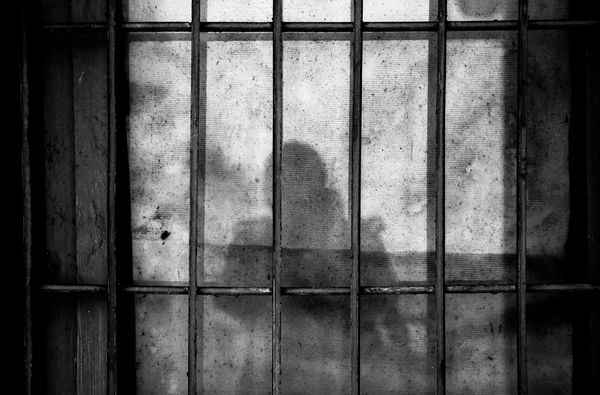
New Zealand’s supreme court has quashed the convictions of Peter Ellis, a Christchurch creche worker convicted of child sexual abuse in 1993 in a highly controversial case that included allegations of large-scale ritual abuse.
On Friday, the court found a “substantial miscarriage of justice” had occurred. It is the first time in New Zealand’s history that a conviction has been quashed posthumously – Ellis died from cancer in late 2019.
Until now, a person’s legal proceedings have died along with them, but Ellis’s appeal continued after his lawyers argued that under tikanga (Māori customary law), a person’s mana (honour) is as important in death as in life. The majority of judges ruled that the public interest factors of the case meant it was in the interests of justice to allow the appeal to go ahead.
Ellis spent seven years in jail after being convicted in a 1993 jury trial on 16 counts of sexual offending against seven children who had attended the Christchurch Civic childcare centre, where he had been a teacher. The investigation began shortly after a series of similar trials investigating allegations of satanic ritual abuse at childcare centres in the US, in an era now known as the “satanic panic”.
Some of the children’s allegations against Ellis and other childcare workers were extreme, including references to cages attached to the ceiling of the creche and large-scale rituals.
The case against Ellis relied on the recollections of very young children, and many questioned its merits from the outset. Some believed the fact he was gay worked against him.
While one of the children later recanted their allegations, others maintained they had been abused by Ellis for years after the trial. The court noted that the judges “were conscious of the very high level of stress and public scrutiny already suffered by the complainants and their whānau [family] over such a long period”.
Ellis, who always maintained his innocence, had appealed unsuccessfully a number of times, including two failed attempts via the court of appeal and a ministerial inquiry.
In 2019, the supreme court granted permission to appeal again, but Ellis died a few months later, before the hearing. In 2020, the court ruled the appeal be allowed to continue.
On Friday, the court ruled the miscarriage of justice was a result of inadmissible or unbalanced expert evidence, and contaminated evidence from children, including potentially suggestive parental questioning before the complainants’ evidential interviews.
Ellis’s brother, Mark, said the decision had been a long time coming. “I wish my brother was here, because it was really what he deserved,” he said.
However, the parents of some of the children Ellis was accused of abusing said in a statement to the New Zealand Herald that they were “shocked and saddened” by the decision.
“The trauma of not being believed over the years takes its toll. The court of public opinion is often ill-informed and the facts are lost,” they said.
The court said the judgment’s release “marks the end of a long and painful journey through the courts for the many people involved in this case”, and that “its judgment was not to be read as a criticism of the parents, the complainants or those involved in the investigation and trial”.







